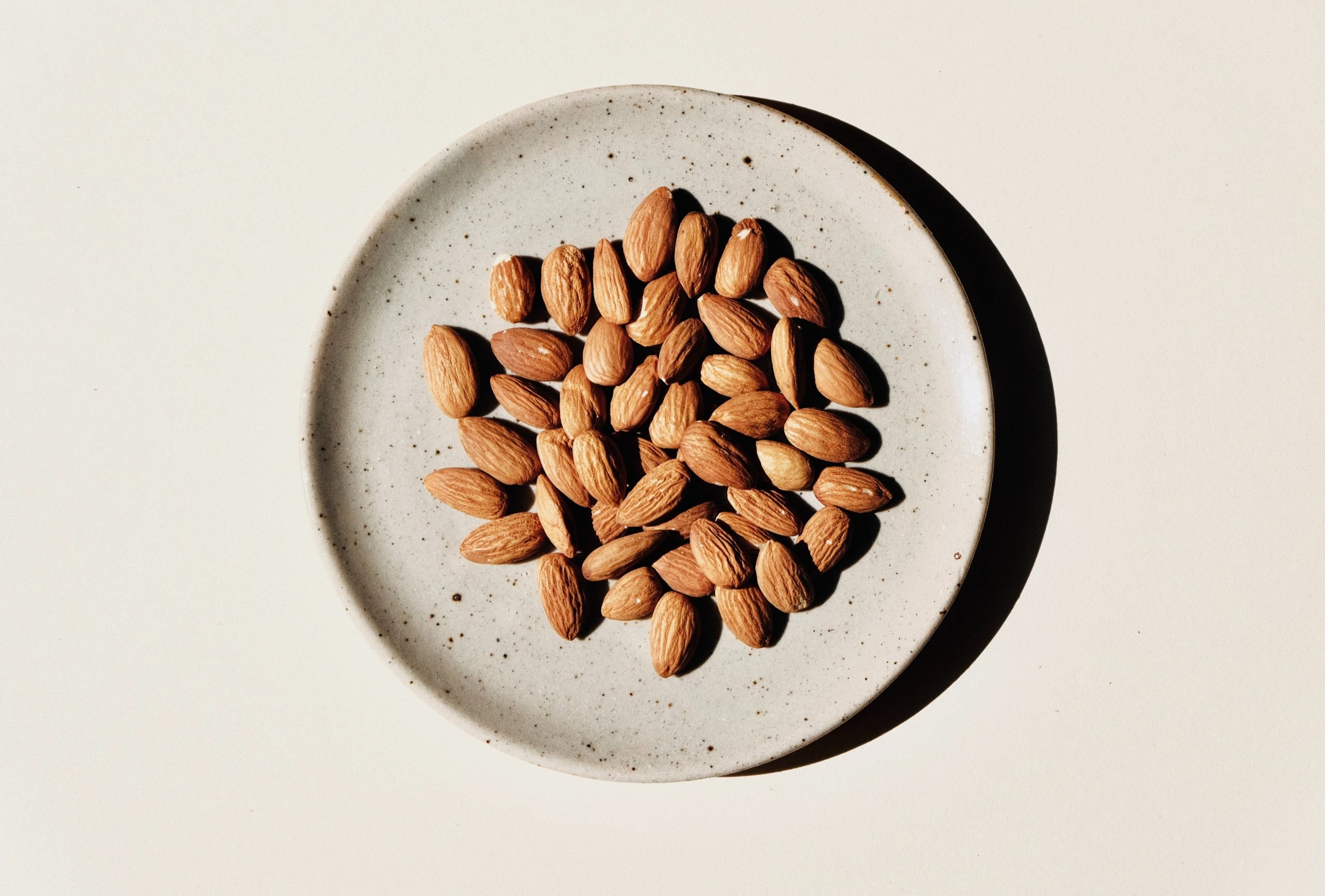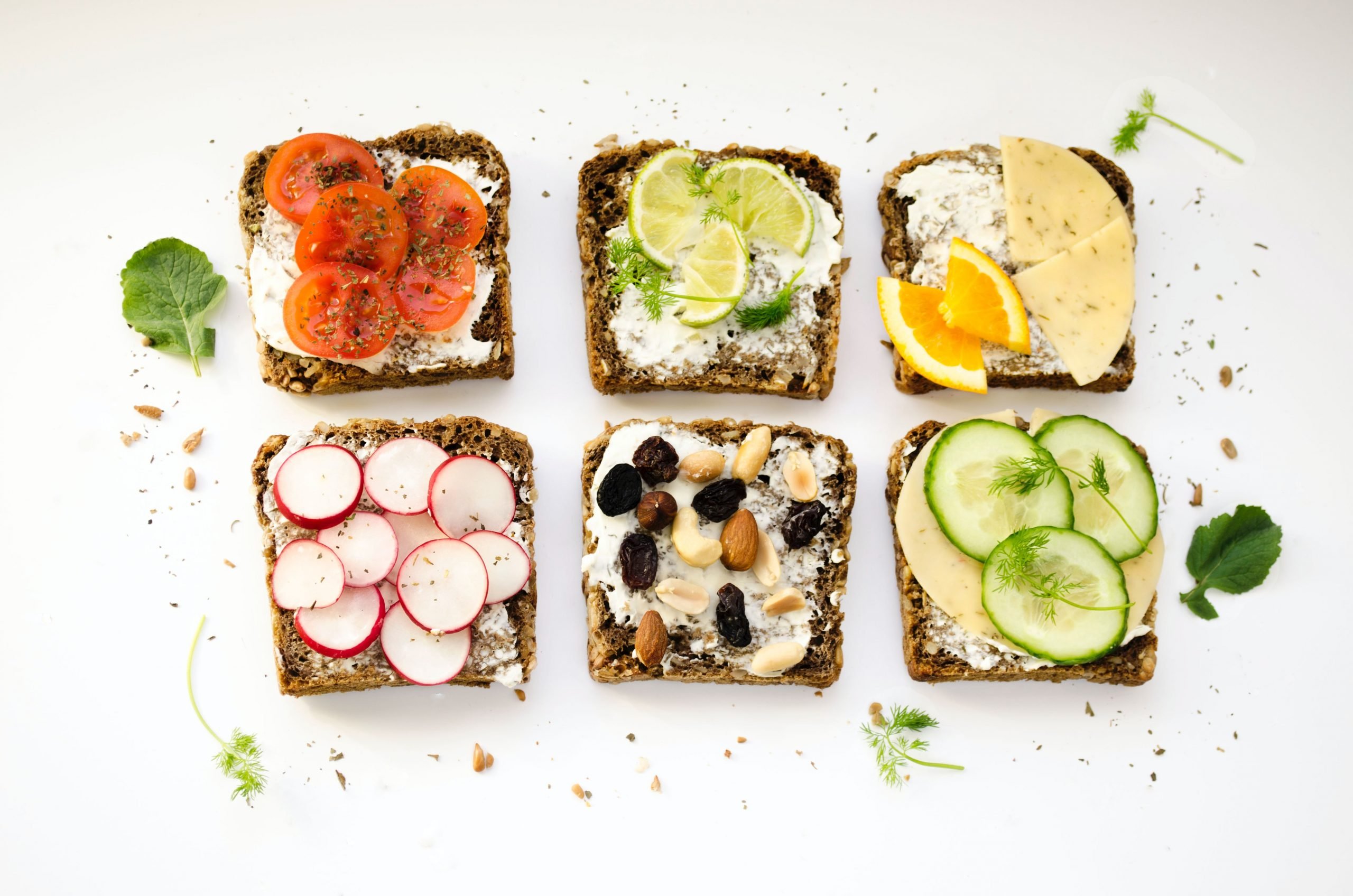Items with category:Dietary patterns
Should older adults eat nuts? In a nutshell, yes.
August 18, 2021
Globally, humans are living longer than ever before. However, older adults are at increased risk...
Warm and open communication: how authoritative parents improve kid’s diets
July 6, 2021
Around 1 in 4 pre-school aged (2-5 years) children are overweight or obese in Australia....
Personalised nutrition is trendy, but can it help us eat less junk food?
June 22, 2021
A new study has shown that advances in personalised nutrition can improve the diets of...
How do children’s abilities to self-regulate their food intakes change as they age?
May 18, 2021
Children get better at self-regulating their behaviours, thoughts and emotions as they grow up –...
Personal factors influence the diet quality of young adults
April 29, 2021
Late-night, greasy kebabs after a big night out? A sneaky chocolate bar and strawberry milk...
Can what you eat reduce your risk of liver cancer?
April 22, 2021
Liver cancer is the seventh leading cause of cancer deaths in Australia and unfortunately, it’s...
Helping Aussies say ‘no’ to excess salt
March 11, 2021
Nutrition experts at IPAN are working on ways to reduce salt consumption and improve population...
Ultra-processed foods are linked to obesity in Australia
March 11, 2021
Have you ever heard about the term ‘ultra-processed’ foods? Perhaps not, but you are likely...
Red and processed meat harms our health and the planet – so why haven’t we seen any political action taken?
February 25, 2021
Have you ever wondered how policies get prioritised and implemented? We see a problem in...
The nutrition transition – understanding the diets of Iranian adults
February 11, 2021
Diets in Iran Similar to other parts of the world, chronic diseases are increasing in...
Eat sustainably and help yourself, your wallet and the planet
January 28, 2021
Did you know that an environmentally sustainable diet can be good not only for your...
Is the sky the limit to what we can eat? Exploring apartment living and food practices.
December 9, 2020
Most Australians do not consume a diet that complies with the Australian Dietary Guidelines, resulting...











